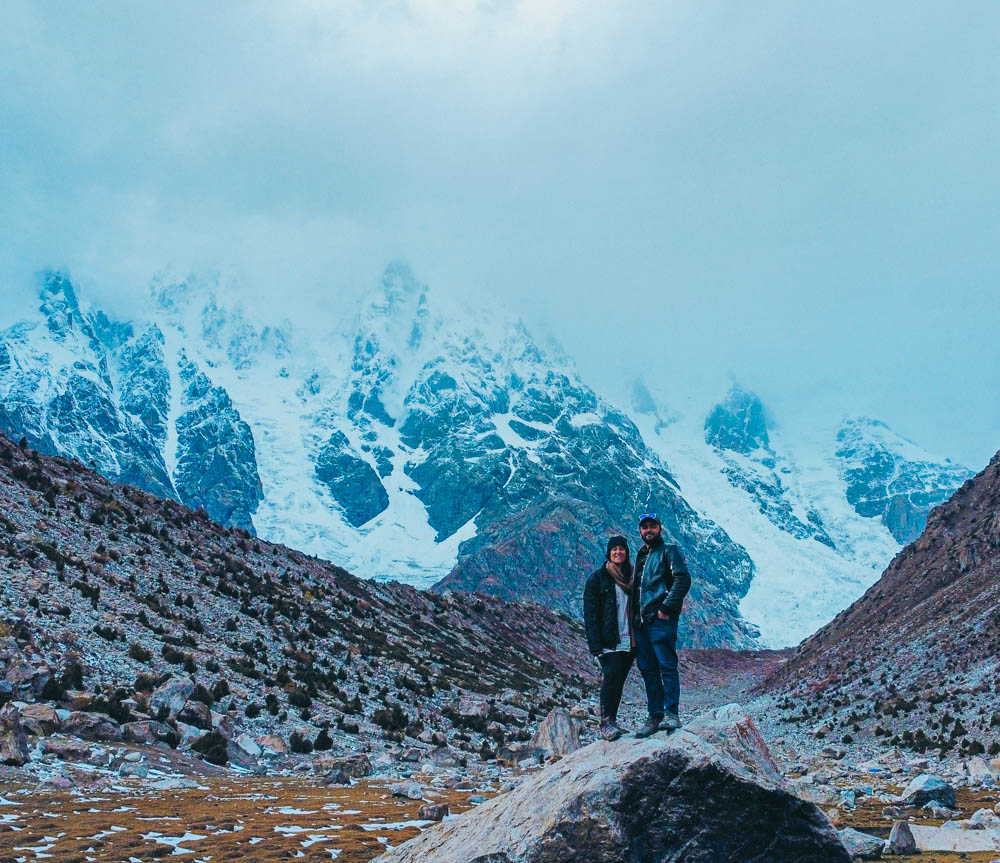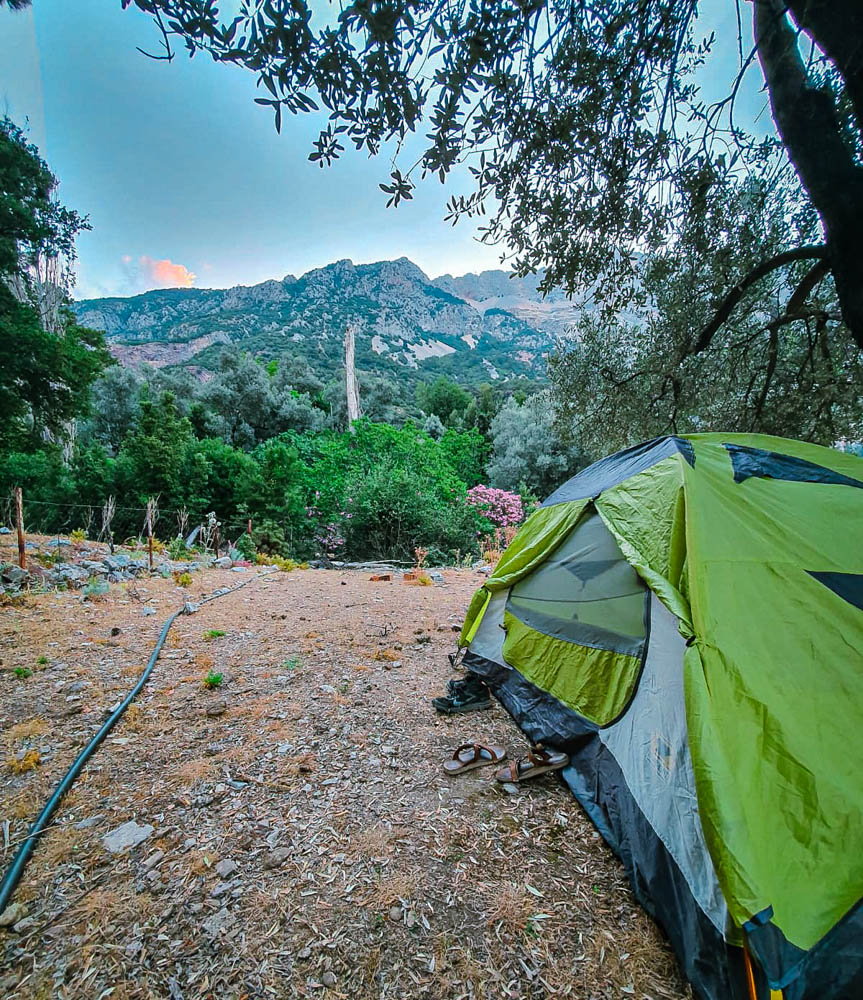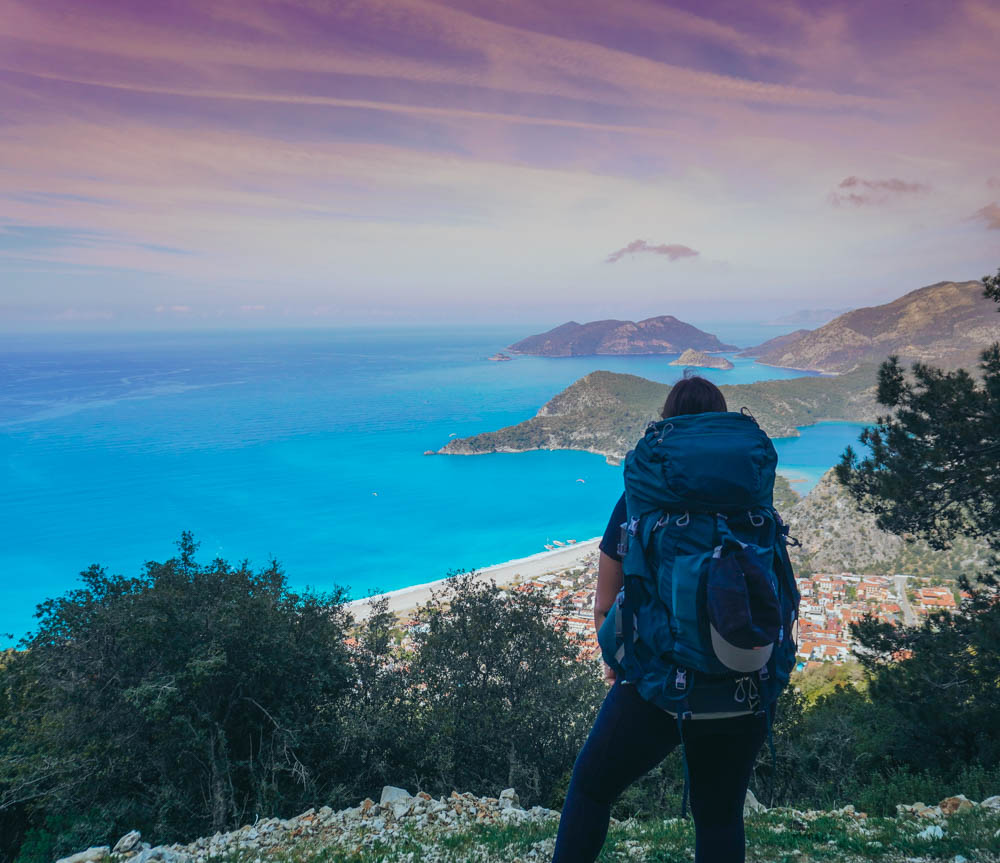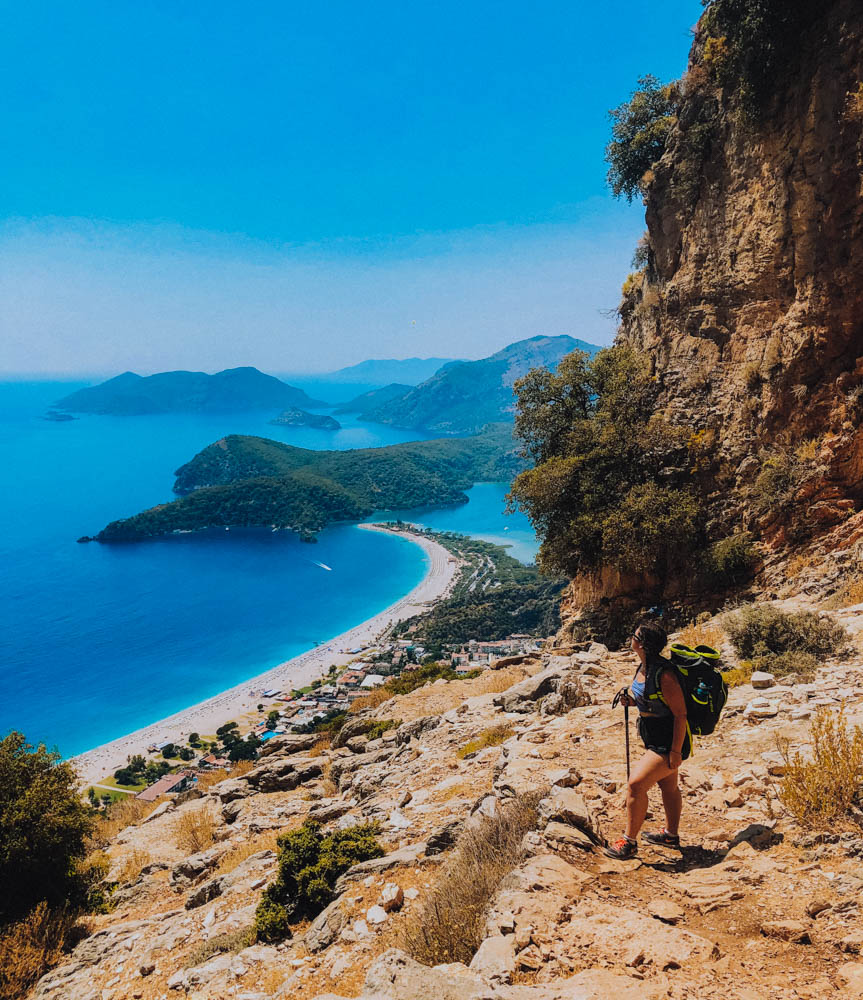Your cart is currently empty!

Hiking vs Trekking: What are the Differences?
Hiking vs Trekking: These two activities are used interchangeably, but they are not the same. Both hiking and trekking involve walking in natural environments, but what’s the difference?
In this article, we’ll explore the difference between hiking and trekking to help you decide which is right for you.

If you want to learn more about how to start trekking for beginners click here!
First, let’s define hiking and trekking
Hiking
Hiking is considered to be a leisurely walk on well-established trails that can be completed in one day.
Trekking
Trekking is a multi-day journey that involves more challenging terrain and requires camping along the way.

Next, let’s talk about key differences
Time spent on the trail
One of the main differences between hiking and trekking is the amount of time spent on the trail.
Hiking trails are typically short and can be completed in a few hours.
Trekking trails can take as long as days, weeks, or months to complete. Like the Lycian Way trek in Turkey which takes one month to complete the entire trail, find out more here.
Also, trekking requires more preparation. You’ll have to prepare for overnight stays, food and water needs, and appropriate camping gear.
Level of difficulty

Another difference between trekking and hiking is the level of difficulty.
Hiking trails are typically well-marked and maintained. Oftentimes hiking trails have clear way-marking and easy-to-follow routes.
Trekking trails can often be more challenging. On a trek, you will likely experience rough terrain, steep climbs, and unpredictable weather conditions. Trekking requires a higher level of fitness and stamina over hiking, you may often need more advanced hiking skills such as navigating with a map and a compass.
Now, lets talk about the similarities of hiking and trekking

Despite the differences, both hiking and trekking offer a range of benefits for both physical and mental health.
Hiking and trekking are both great ways to get exercise, enjoy the outdoors, and connect with nature.
However, hiking is a low-impact activity that can be enjoyed by people of all ages and fitness levels.
Trekking, on the other hand, offers an immersive experience in the wilderness, with more opportunities for adventure, exploring remote areas, and experiencing the beauty of nature in a more profound way.
Which activity is right for you?
If you’re looking for a leisurely stroll in nature, a hike is the perfect activity for low-impact exploration of the world around you.
However, if you want a challenging adventure, a trek will satisfy that wanderlust.
Either way, choose a trail that’s suitable for your fitness level and always be prepared by planning ahead and packing the right gear and supplies.
To learn more about some awesome treks I’ve been on click here.
To conclude, hiking and trekking are both great ways to explore the outdoors and enjoy the serenity of nature. While these activities share some similarities, they also have their own unique challenges and rewards. Whether you’re a first-timer or a seasoned hiker and trekker, there’s no better way to connect with nature and experiences the wonder of the world.

Learn more about hiking and trekking on my youtube channel: Juliette Jean.
